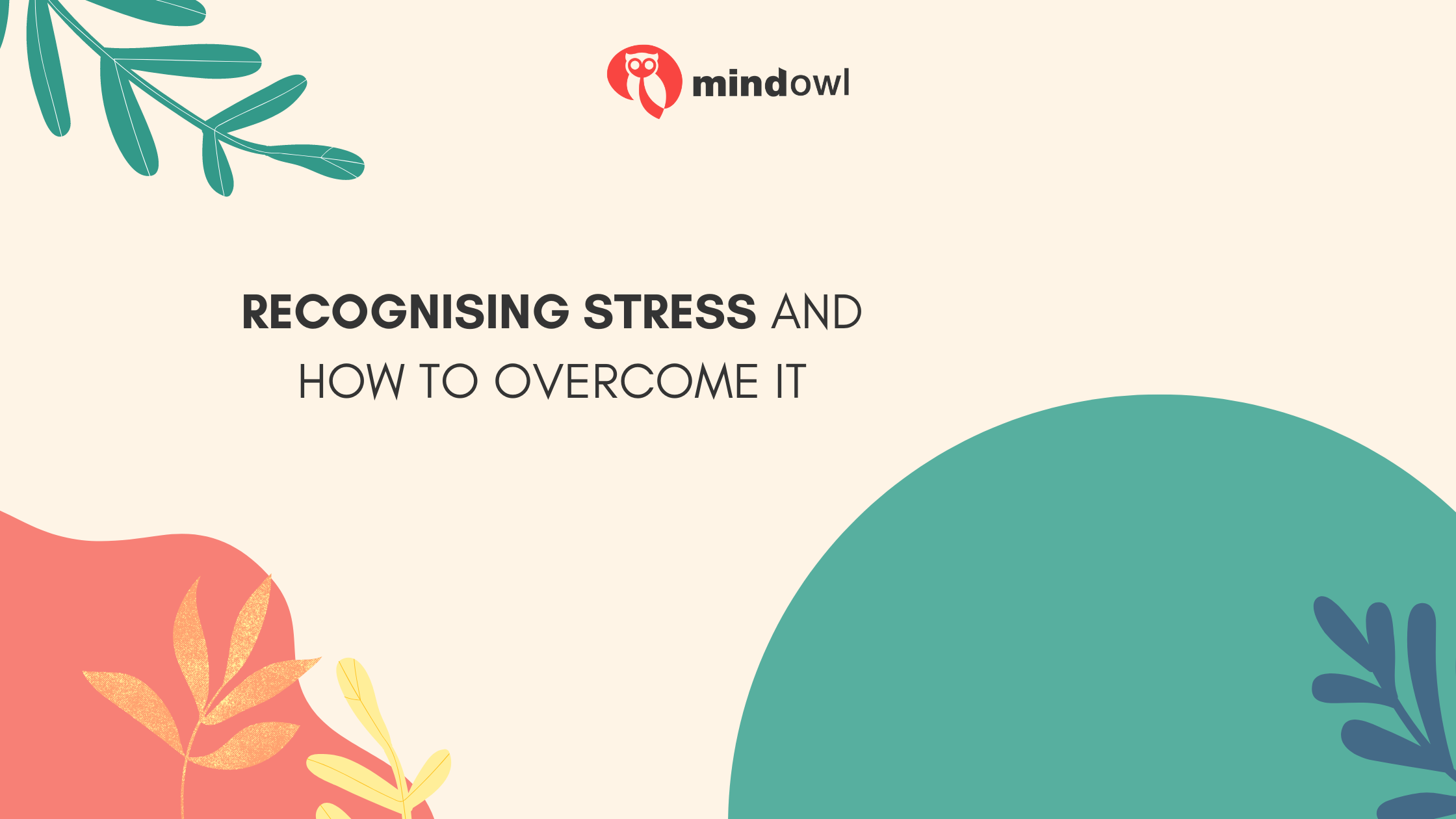It’s natural to feel stressed in our everyday lives, especially when we’re running to a tight schedule. While feeling stressed may be normal, it’s important to manage your stress levels if you want to maintain good physical and mental health – but how can you tell if you’re too stressed out, and what can you do to alleviate its symptoms?
What is stress? – Generally, stress refers to an unpleasant feeling or sense of unease that results from the production of cortisol, the primary ‘stress hormone’. Stress usually occurs when we’re overly busy, anxious, depressed, or struggling to juggle our responsibilities. Stress is a normal emotional response to the pressures of everyday life.
Common signs of stress – The most common signs and symptoms of stress in humans include anxiety, overly worrying about things, not being able to concentrate properly and feeling generally overwhelmed. Physical symptoms can include sexual problems, chest pains, dizziness and stomach issues.
How symptoms of stress can become more serious – If not properly managed, continuous stress can lead to serious health problems and significant changes in your lifestyle. Exposure to extreme stress could lead you to seek out hair loss treatments for premature baldness, as well as increasing blood pressure and the likelihood of stroke or heart attack.
How to alleviate stress – Stress can make us feel overwhelmed and disorganised, but it’s easy to manage our stress levels. How can we start to alleviate the symptoms of stress and improve our sense of wellbeing?
• Meditation – Because meditation is easy to pick up for beginners and it’s not physically strenuous, it’s used by people of every age, background and fitness level to alleviate unwanted symptoms of stress. As well as reducing stress and anxiety, meditation is said to boost your mood, lower blood pressure and even improve your cognitive capabilities.
• Exercise and spend time in nature – Spending time in the great outdoors can work wonders for your mental health, and being close to nature is an effective and easy way to de-stress. Getting plenty of clean air can also help to lower your blood pressure, increase clarity and even freshen up your lungs. You’ll also reap the physical benefits and improve mobility and overall health.
• Develop interests and hobbies – Try to spend time doing the things you enjoy, whether that’s reading, learning to play an instrument, joining a sports team or socialising with friends. Distracting yourself from the stresses of everyday life can dramatically improve your sense of wellbeing and help you see ‘the bigger picture’.
• Healthy eating – Along with regular exercise, a balanced, fresh, vitamin-rich diet is essential for good mental and physical health. Examples of nutrient-rich foods which are said to reduce overall stress levels include chamomile, garlic, broccoli, matcha and fatty fish.
MindOwl Founder – My own struggles in life have led me to this path of understanding the human condition. I graduated with a bachelor’s degree in philosophy before completing a master’s degree in psychology at Regent’s University London. I then completed a postgraduate diploma in philosophical counselling before being trained in ACT (Acceptance and commitment therapy).
I’ve spent the last eight years studying the encounter of meditative practices with modern psychology.

